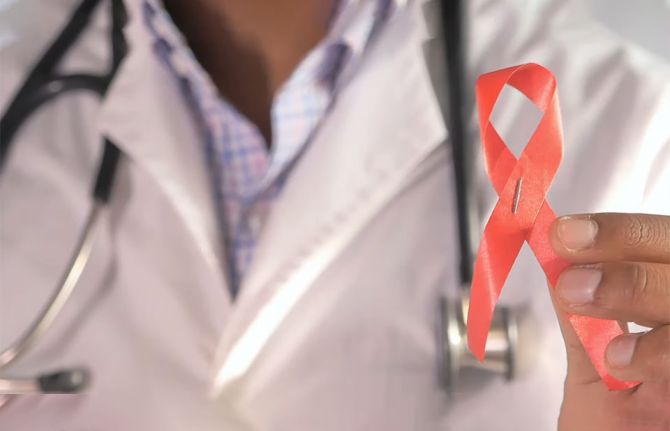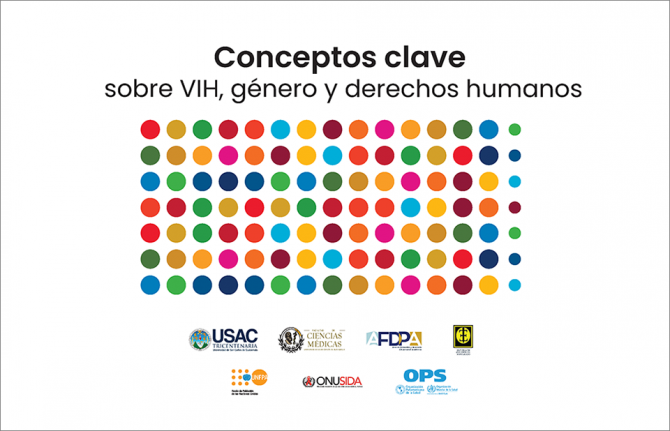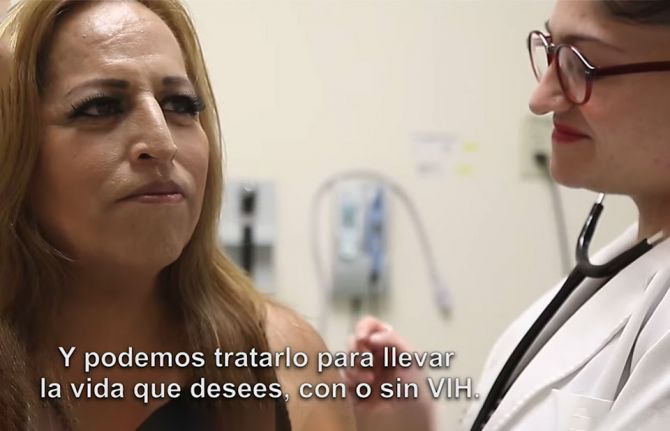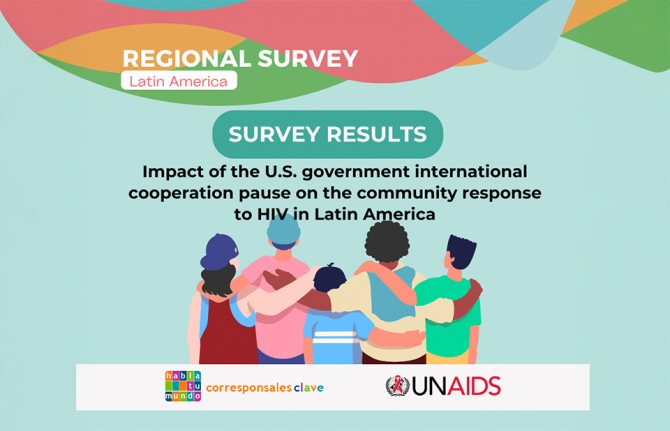



Feature Story
Virtual course on HIV, gender and human rights: empowering medical teachers in Guatemala
18 May 2023
18 May 2023 18 May 2023The University of San Carlos de Guatemala (USAC) Faculty of Medical Sciences, in collaboration with UNAIDS, the World Health Organization (WHO), and the United Nations Population Fund (UNFPA), launched an online course titled "Conceptos clave sobre VIH, Género y Derechos Humanos" (Key Concepts on HIV, Gender, and Human Rights). The four-module course is designed to provide teaching staff with detailed knowledge about key concepts related to HIV, its treatment and prevention, and the national and international legal framework guiding the response to HIV, as well as the gender and human rights dimensions of the epidemic.
With an estimated three new HIV infections each day in Guatemala and only 73% of the estimated 31,000 people living with HIV receiving antiretroviral treatment and persisting high level of stigma and discrimination towards people living with HIV, the course is a significant step towards addressing the country's HIV challenges. The course aims to provide teaching staff and students with the necessary resources to promote, protect, and fulfill the human rights of adults, adolescents, and children living with or at risk of acquiring HIV, in all their diversity.
The course consists of 140 hours of study, including 70 hours of theory and 70 hours of practice, and will be undertaken between May and August 2023. Course participants will join virtual classes and synchronous group workshops and will have to submit the required tasks according to a work schedule.
The course covers four modules: Module 1 - Update on HIV and AIDS; Module 2 - National and international legal framework for the response to HIV; Module 3 - Health sector Policy framework for HIV response; Module 4- Key concepts on gender and human Rights.
During the inauguration, Marie Engel, UNAIDS Country Director, expressed her hope that participants would enjoy taking the course as much as she and other partners had in developing it. She also emphasized that "the course will be enriched with participants' individual knowledge and experiences, their doubts and concerns. There is obviously a lot of knowledge and wisdom among course participants that the facilitators will strive to capture."
Dr. José María Gramajo, General Coordinator of the USAC Faculty of Medical Sciences' Area of Teachers and Postgraduate training, highlighted that "this refresher course will contribute to the professional development of faculty teachers, sharing with them the latest knowledge about innovations related to HIV prevention, detection, and care, and ensuring an in-depth understanding of cross-cutting issues relevant to HIV and other public health problems."
Teaching staff and students are catalysts with the power to change the national response to HIV. As stated by Dr. Mirna Herrarte, Coordinator of the national HIV, STI, and AIDS program, "I am glad to know that there are so many professionals who want to know more about HIV. In the country, HIV treatment schemes are constantly reviewed. As an anecdote, Guatemala had more than 200 antiretroviral schemes a year ago. Under my leadership, we have reduced those schemes by 75%."
Inequalities persist in the most basic health and HIV services, such as access to screening, treatment, and condoms. USAC's collaborative initiative is an important step towards ensuring that all sectors, including academia, are engaged in ending social, economic, and legal inequities. The University of San Carlos de Guatemala is the largest and oldest university in Guatemala, and the only national and public university in the Central American country.



